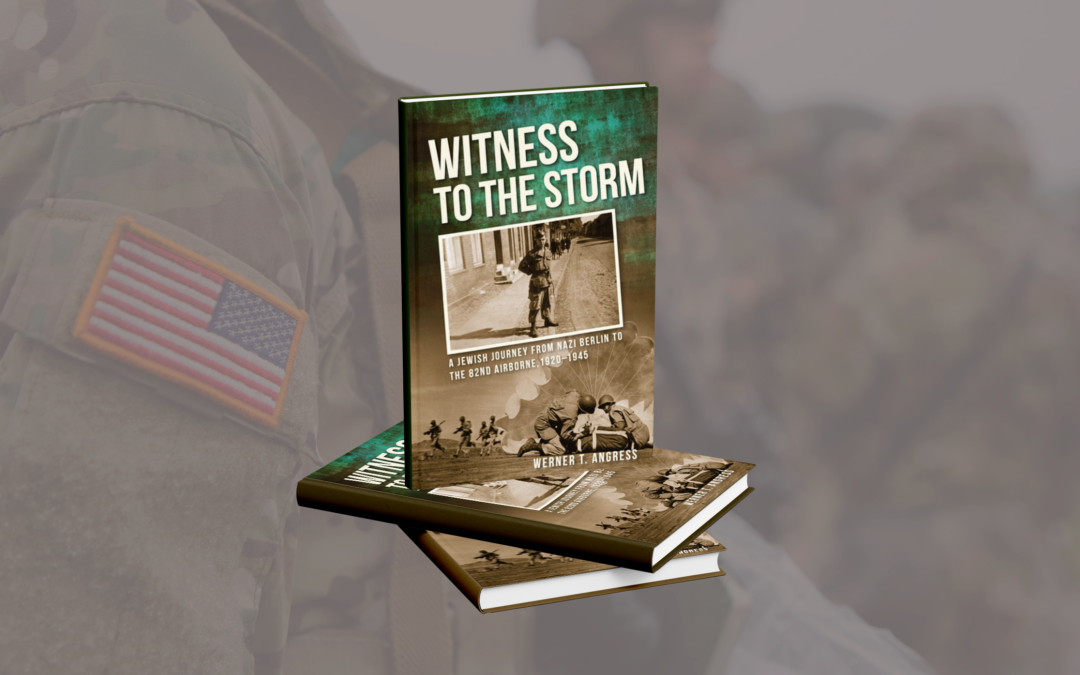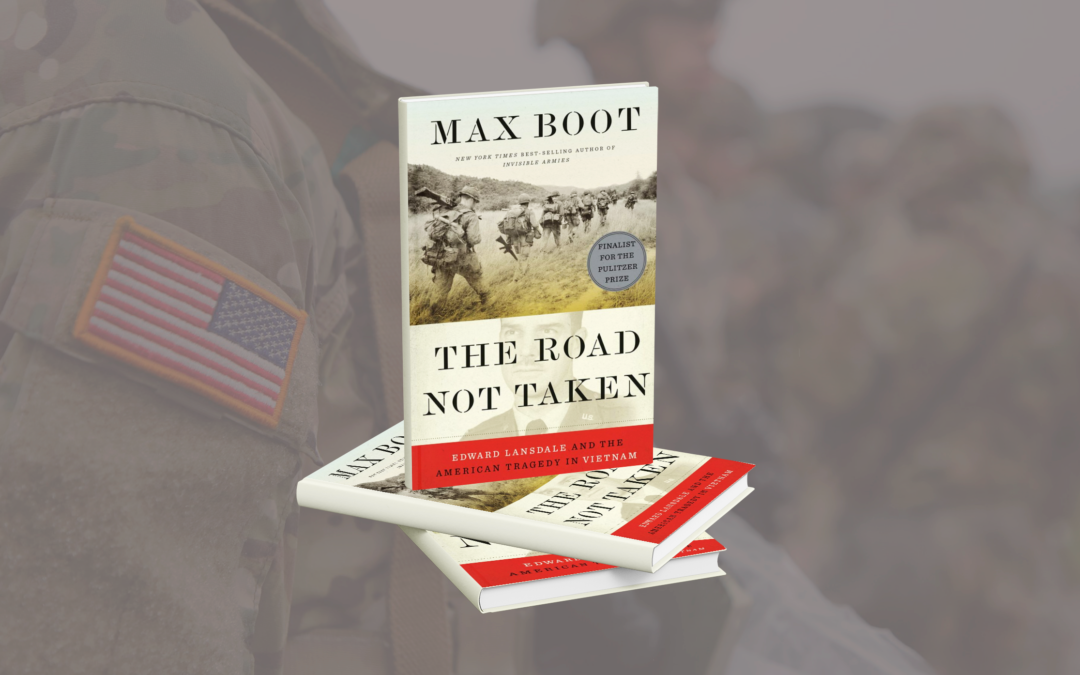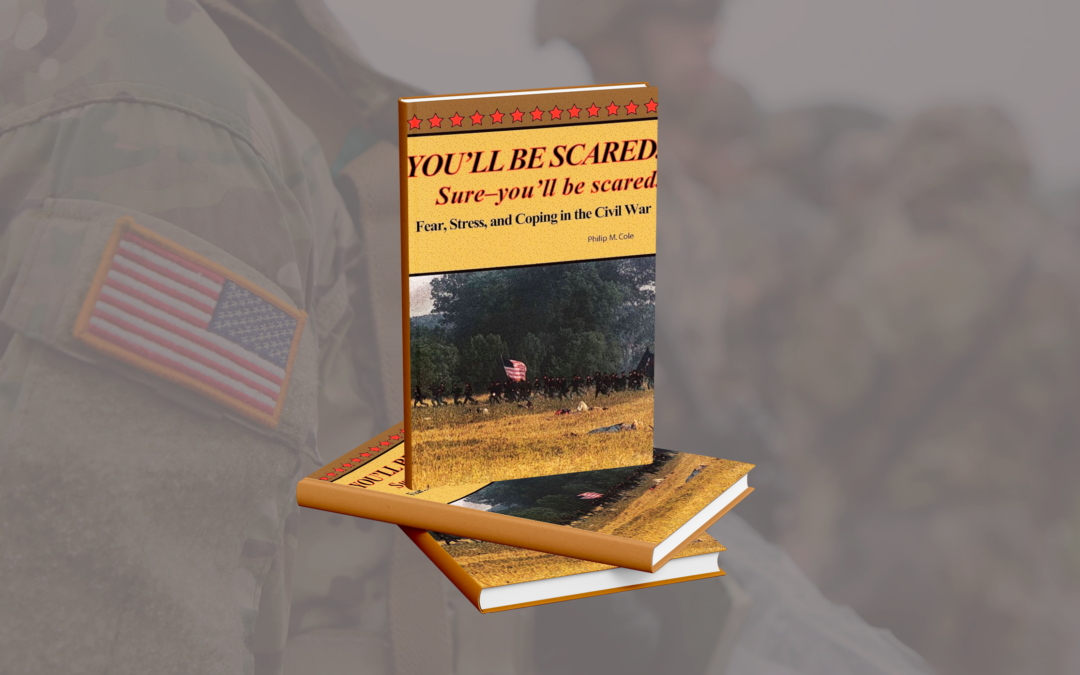On October 15, 1950, General Douglas MacArthur, Supreme Commander of UN troops in Korea, convinced President Harry Truman that the Communist forces of Kim Il-sung would be utterly defeated by Thanksgiving. The Chinese, he said with near certainty, would not intervene in the war. As he was speaking, 300,000 Red Chinese soldiers began secretly crossing the Manchurian border. Led by some 20,000 men of the First Marine Division, the Americans moved deep into the snowy mountains of North Korea, toward the trap Mao had set for the vainglorious MacArthur along the frozen shores of the Chosin Reservoir. What followed was one of the most heroic - and harrowing - operations in All US Air Force operations are oriented around the official Air Force Doctrine. Responsibility for developing doctrine rests on the Curtis E Lemay Center for Doctrine Development and Education at Maxwell Air Force Base, Alabama. Doctrine exists to guide the Air Force in the effective American military history, and one...











